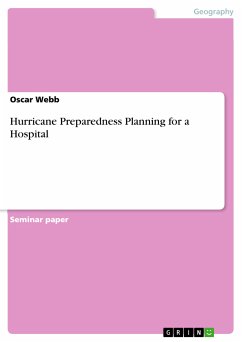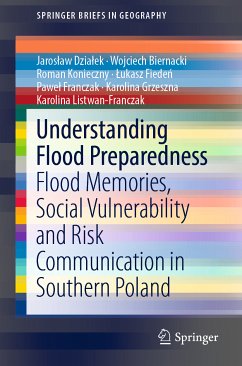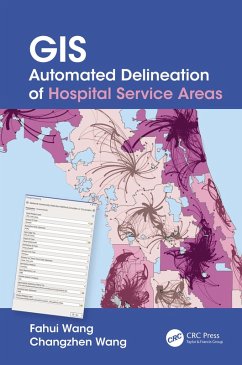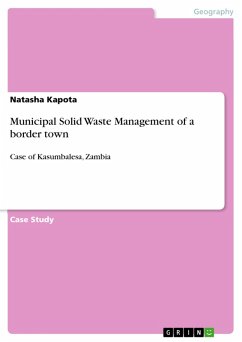
Hurricane Preparedness Planning for a Hospital (eBook, PDF)
Sofort per Download lieferbar
Statt: 17,95 €**
15,99 €
inkl. MwSt. und vom Verlag festgesetzt.
**Preis der gedruckten Ausgabe (Broschiertes Buch)
Alle Infos zum eBook verschenkenWeitere Ausgaben:

PAYBACK Punkte
0 °P sammeln!
Seminar paper from the year 2013 in the subject Geography / Earth Science - Meteorology, Aeronomy, Climatology, , language: English, abstract: Implementation of a hurricane preparedness and response plan requires the coordinated efforts of multiple agencies from throughout the region. Utilization of effective team support produced very good results when applied with strategic management efforts built on an application of solid ethical principles. Understanding the importance of strong communication throughout the process allowed the team to produce superior results and build upon previous succ...
Seminar paper from the year 2013 in the subject Geography / Earth Science - Meteorology, Aeronomy, Climatology, , language: English, abstract: Implementation of a hurricane preparedness and response plan requires the coordinated efforts of multiple agencies from throughout the region. Utilization of effective team support produced very good results when applied with strategic management efforts built on an application of solid ethical principles. Understanding the importance of strong communication throughout the process allowed the team to produce superior results and build upon previous successes. The team was also cognizant that the experiences of the community and those that had gone through the process previously were important factors in allowing the current process to proceed in a positive fashion. Disaster preparedness is by no means an exact science. Despite this fact, there are ways to eliminate errors and provide an organization with the highest chance to reduce negative outcomes. This is achieved through experience and repetitive training designed to mimic potential scenarios that may be encountered. Analyzing previous successes and failures of the organization and other entities can provide valuable insight into what strategies will lead to the desired outcomes for the planning committee. Failing to consider the merits of past performance is a surefire way to mismanage a potential impending disaster. Even a successful previous plan can yield data about corrections and improvements when analyzed thoroughly.
Dieser Download kann aus rechtlichen Gründen nur mit Rechnungsadresse in A, B, BG, CY, CZ, D, DK, EW, E, FIN, F, GR, HR, H, IRL, I, LT, L, LR, M, NL, PL, P, R, S, SLO, SK ausgeliefert werden.













